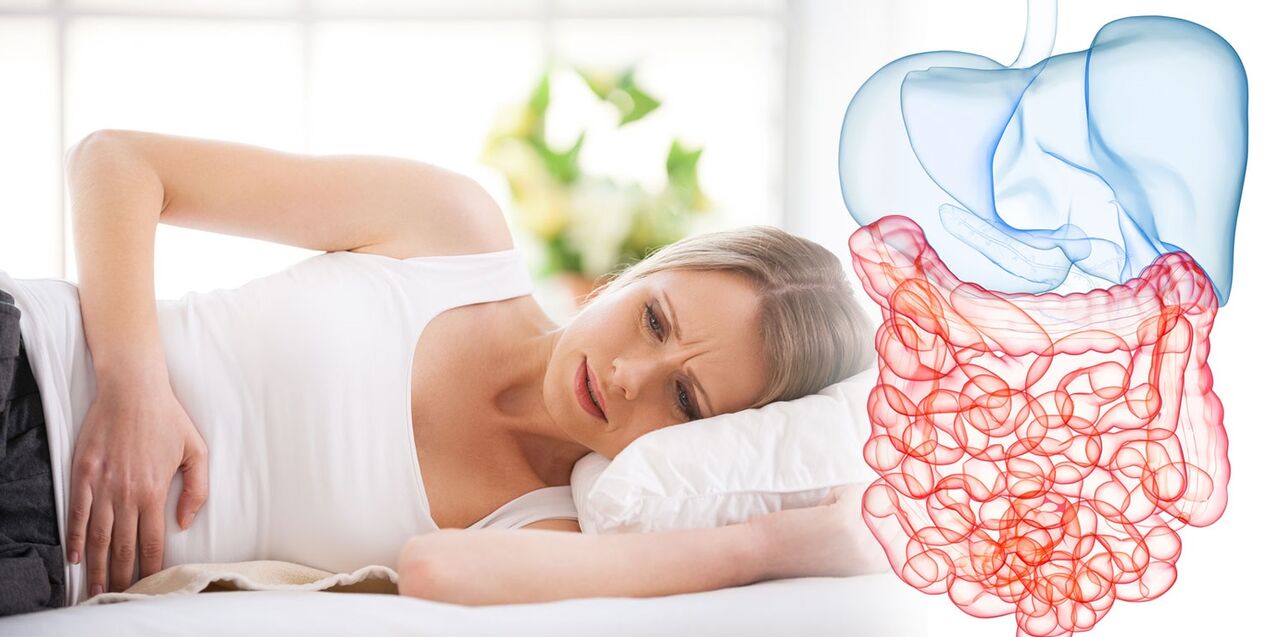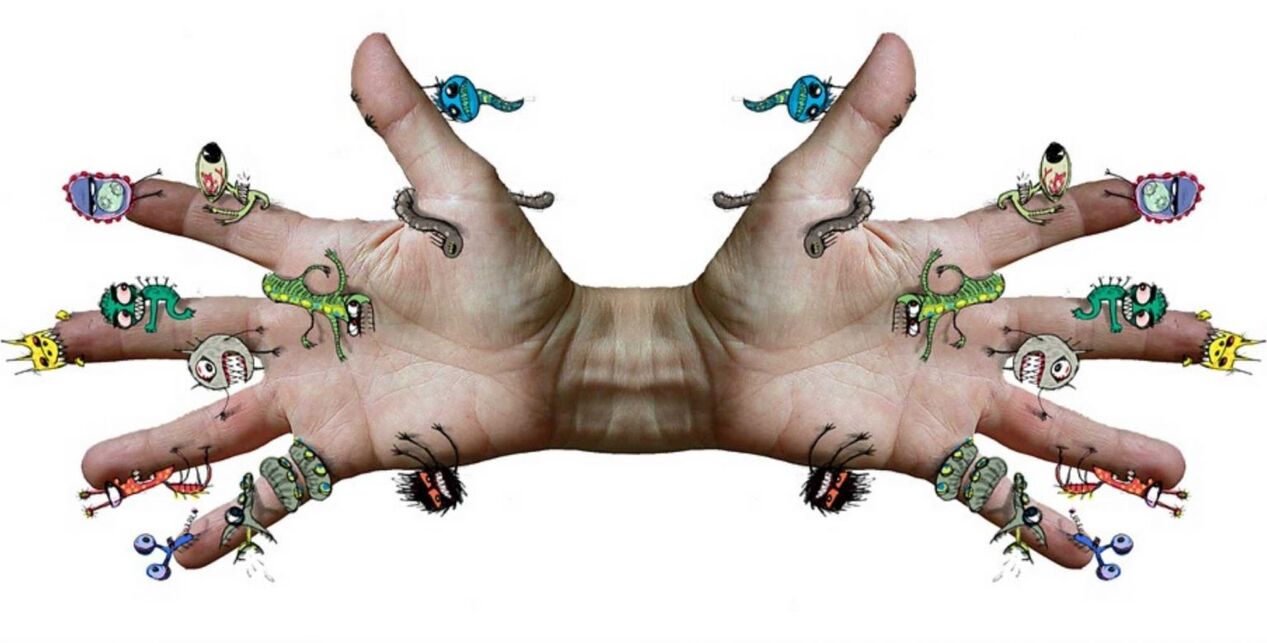People consume food to replenish energy reserves that are depleted in the course of active living. But you can imagine that a person is often an excellent target for the simplest of organisms. The uninvited "tenant" can use the owner as a living container for a long time, providing food, housing and comfortable conditions. If the parasite colonizes the human body, the symptoms of infection can easily be confused with signs of certain diseases, such as colds, gastritis, pneumonia, etc.
The most common symptoms of parasitic diseases
Parasitic forms exist and develop at the expense of a person, causing irreparable damage to his health, since the largest share of nutrients and vitamins goes to the "occupier" lurking in one of the internal organs: the intestines, lungs, heart, liver, joints, etc. The damaging effects depend on the length of stay and the "appetite" of the migrants; parasitic diseases are believed to be the root cause of diseases such as diabetes, pancreatitis, bronchial asthma, cholecystitis and atopic dermatitis.

Symptoms of parasites in humans:
- Gastrointestinal disorders (constipation, flatulence, diarrhea, irritable bowel syndrome, stomach pain);
- Endocrine disorders (weight fluctuations, under or overweight, hormonal imbalances);
- Dental diseases (stomatitis, periodontal disease);
- problems related to the work of the musculoskeletal system (joint pain, muscle-arthropathy, arthritis);
- Neurological disorders (irritability, insomnia, unprovoked anxiety, depression);
- Allergic reactions and related skin problems (elevated levels of eosinophils, immunoglobulin E, allergic rhinitis, eczema, urticaria, papilloma, dermatitis);
- Respiratory diseases (bronchial asthma, pneumonia);
- Violation of hematopoiesis, decreased vascular permeability, anemia (severely decreased hemoglobin);
- Chronic fatigue and decreased immunity (often mild ARVI, tonsillitis, apathy, hypotension, weakness, and poor memory);
- tumor disease;
- cosmetic problems (cracked heels, dry skin, brittle nails, faded hair, seborrhea, baldness);
- Gynecological and urological diseases (women: irregular menstruation, discharge, vaginal candidiasis, fibroids, breast disease; men: prostatitis, urolithiasis);
- Bruxism (grinding of teeth), snoring.
Even if the signs of parasites are known to exist in the body, it is difficult to diagnose parasitic diseases without a thorough examination (three scrapes and blood tests). Symptoms of parasite invasion are the result of strenuous activity by "guests", when a person suffers from worm waste poisoning, the affected organs are chronically stimulated and the immune system is no longer able to cope with the disease itself.

Characteristics of the course of parasitic diseases in children
Unlike adults, children are more likely to encounter parasitic infections in their daily lives. Typically, infection occurs during walks (after exposure to sand or soil), as a result of close contact with sick animals or swimming in open water. Often, the signs of parasites in children are difficult to identify, and primary infection and colonization of the helminth occurs unknowingly. Gradually, the amount of toxins in the blood increases, and the child's body is poisoned by the waste products of the worms, manifesting as decreased immunity and permanent diseases, allergies of unknown etiology, dysbiosis and physical exhaustion.
The following indirect symptoms of parasites in children can be distinguished:
- Loss of appetite, or conversely, overeating, passion for sweets;
- Frequent headaches accompanied by nausea;
- rapid fatigue;
- lack of daily bowel movements (constipation);
- vomiting, belching, bad breath;
- pale skin, "blue" under the eyes;
- Irritability, aggressiveness, whimsy;
- hyperactivity, especially at night;
- poor (intermittent) nighttime sleep, associated with restlessness, moaning, bruxism;
- Irritation or redness in the genital area.
Symptoms of infection with protozoan parasites should serve as a "beacon" for a thorough examination. Prompt and professional diagnosis can allow you to completely cure the parasitic infection with minimal damage to your physical health.






































